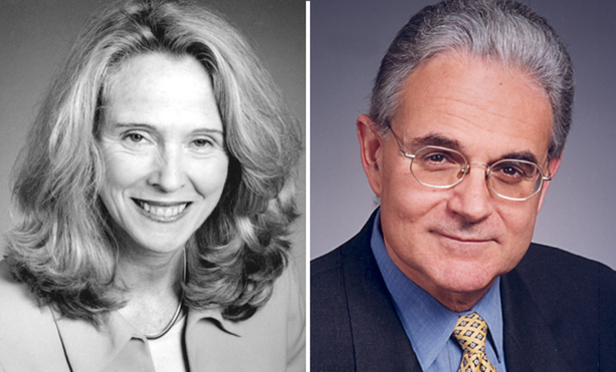In 28 U.S.C. §2462, there is a simply stated, but deceptively complex prohibition: “an action, suit or proceeding for the enforcement of any civil fine, penalty, or forfeiture, pecuniary or otherwise, shall not be entertained unless commenced within five years from the date when the claim first accrued.”1 Section 2462 is not specific to the federal securities laws, governing many penalty provisions throughout the U.S. Code, but there is no question that its prohibition applies to Securities and Exchange Commission enforcement actions or proceedings seeking “any civil fine, penalty, or forfeiture.” There is a question, however, and judicial difference of opinion, as to whether SEC actions or proceedings seeking declaratory or injunctive relief or disgorgement are within Section 2462′s prohibition. The Supreme Court has not addressed this question, and courts in the Southern and Eastern Districts of New York and the Southern District of Florida have reached conflicting conclusions.
Section 2462 was the subject of analysis by the Supreme Court in Gabelli v. SEC, 133 S.Ct. 1216 (2013). The question presented was whether a claim first accrues “‘when the plaintiff has a complete and present cause of action,’” id. at 1220 (citing Wallace v. Kato, 549 U.S. 384, 388 (2007)) or “accrual is delayed until the plaintiff has ‘discovered’ his cause of action,” Gabelli, at 1221 (citing Merck & Co. v. Reynolds, 559 U.S. 633, 644 (2010)).



